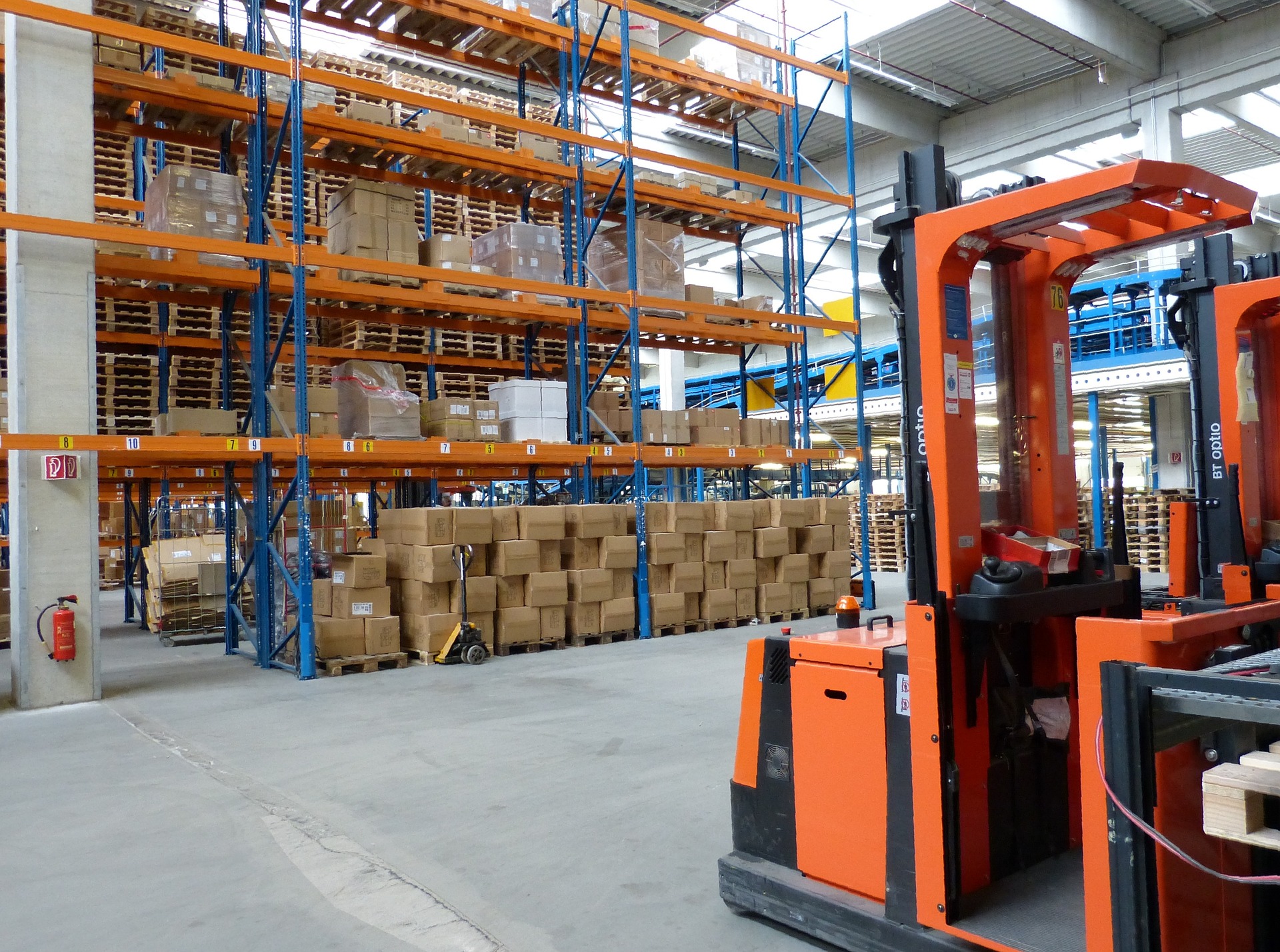Forklift Company Jobs: Growing Opportunities in the UK
The UK forklift industry continues to expand across multiple sectors, creating consistent demand for skilled operators. From warehousing and logistics to construction and manufacturing, forklift operations remain essential to British commerce. Understanding this employment landscape helps potential operators make informed career decisions while recognising the skills and qualifications needed to succeed in this field.
Typical Responsibilities of Drivers
Forklift operators handle diverse daily tasks that extend beyond basic vehicle operation. Primary responsibilities include loading and unloading delivery vehicles, moving materials throughout warehouses, and maintaining accurate inventory records. Operators must conduct pre-shift equipment inspections, checking hydraulic fluid levels, tire conditions, and safety features like lights and alarms.
Documentation forms a crucial part of the role, with operators recording material movements, reporting equipment issues, and completing safety checklists. Many positions require collaboration with warehouse teams, following specific storage procedures, and adhering to health and safety regulations. Modern facilities often integrate warehouse management systems, requiring operators to use handheld scanners and digital tracking tools.
Why More Forklift Operators Are Needed
The UK’s growing e-commerce sector significantly drives demand for forklift operators. Online retail expansion requires larger distribution centres and faster order fulfilment, creating thousands of operator positions annually. Brexit-related supply chain adjustments have also increased domestic warehousing requirements, with companies establishing additional UK-based storage facilities.
Manufacturing resurgence in sectors like automotive and aerospace contributes to operator demand. The government’s “levelling up” agenda encourages regional industrial development, establishing new facilities requiring skilled material handling personnel. Additionally, an ageing workforce creates natural turnover, with experienced operators retiring and creating entry-level opportunities for newcomers.
Construction sector recovery following economic uncertainties has increased demand for forklift operators in building supplies, equipment rental, and site logistics. Infrastructure projects, including housing developments and transport improvements, require substantial material handling capabilities.
Skills That Matter Most
Technical competence forms the foundation of successful forklift operation. Operators must demonstrate precise vehicle control, understanding load capacities, and maintaining stability during material transport. Spatial awareness becomes critical when navigating tight warehouse spaces or construction sites with multiple hazards.
Communication skills prove essential for coordinating with team members, supervisors, and delivery drivers. Many operators work in fast-paced environments where clear, concise communication prevents accidents and maintains productivity. Problem-solving abilities help operators address unexpected situations, from equipment malfunctions to storage challenges.
Physical fitness requirements include sufficient strength for extended periods of operation and the agility to enter and exit vehicles safely. Good vision and hearing ensure operators can identify potential hazards and respond to warning signals. Attention to detail helps maintain accurate records and prevents costly inventory errors.
Training and Certification Requirements
UK forklift operators must complete approved training programmes and obtain relevant certifications. The Health and Safety Executive (HSE) requires employers to ensure operators receive adequate instruction, though specific certification bodies vary. Popular training providers include ITSSAR, AITT, and RTITB, each offering recognised qualifications.
Training typically covers basic operation, load handling, safety procedures, and legal responsibilities. Refresher courses every three to five years help maintain skills and update operators on regulation changes. Some employers provide additional training for specialised equipment like reach trucks, order pickers, or rough terrain forklifts.
Employment Sectors and Locations
Forklift operators find employment across numerous UK industries. Logistics and distribution companies represent the largest employment sector, with major players operating throughout England, Scotland, and Wales. Manufacturing facilities, particularly in the Midlands and North England, offer stable long-term positions.
Construction companies hire operators for project-based work, which can provide variety but may involve temporary contracts. Retail chains require operators for distribution centres and larger stores, often offering shift work to accommodate 24-hour operations. Port operations in cities like Liverpool, Southampton, and Felixstowe provide specialised container handling opportunities.
| Sector | Average Hourly Rate | Employment Type | Key Locations |
|---|---|---|---|
| Warehousing & Logistics | £10.50-£13.50 | Permanent/Agency | Nationwide |
| Manufacturing | £11.00-£14.00 | Permanent | Midlands, North England |
| Construction | £12.00-£16.00 | Contract/Project | Variable |
| Retail Distribution | £10.00-£12.50 | Permanent/Part-time | Major urban areas |
Rates and employment conditions mentioned in this article are based on general market information but may change over time. Independent research is advised before making employment decisions.
Career Progression Possibilities
Experienced forklift operators can advance to supervisory roles, managing warehouse teams or training new operators. Some progress to equipment maintenance positions, combining operational knowledge with technical skills. Warehouse management represents another career path, requiring additional qualifications but offering improved compensation and responsibilities.
Specialisation in particular equipment types or industries can increase earning potential. Container handling, hazardous materials transport, or precision manufacturing operations typically command premium rates. Some operators establish independent contracting businesses, providing services to multiple employers.
The forklift operation field offers stable employment prospects across the UK, supported by ongoing industrial growth and technological advancement. Success requires proper training, safety awareness, and adaptability to changing workplace requirements. Understanding these employment dynamics helps individuals make informed decisions about pursuing forklift operation careers while recognising both opportunities and challenges within this essential industry sector.





